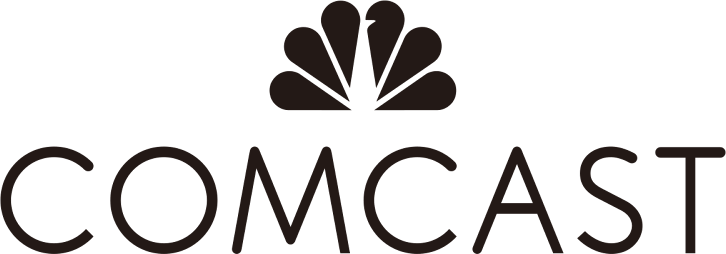The Superpower of Leverage: How to Gain Influence in Every Situation
Having leverage in negotiations is like putting on a pair of superhuman glasses. When you anticipate the aspects of leverage, you see beyond the surface and understand the moves you need to make to gain power. Leverage is essential in every negotiation, whether you're leading a team or having a difficult conversation. In executive leadership training programs, we often teach that understanding leverage is key to mastering influence. I learned this lesson early in life—surprisingly, in the back of a station wagon.
The Power of Leverage: A Childhood Lesson
Our family car was a Grand Torino station wagon, the kind with fancy wood panels on the side. Every summer, we’d embark on a 17-hour journey to visit my cousins in Michigan. As the youngest of five siblings, I had little say in the car hierarchy. But my brother and I did have the coveted back section of the car, which we turned into a fort.
At first, we were excited and entertained ourselves with games, but after an hour, the excitement wore off, and the stifling heat of the car set in. The only relief came when my mom rolled down her window.
Then, out of nowhere, the sweet scent of candy filled the car. My sister, sitting in the middle row, had a suitcase on her lap—a treasure trove of Hubba Bubba, Twizzlers, and other treats. The air was suddenly alive with sugary aromas, igniting our cravings. My sister, recognizing her power, exercised her leverage.
She created a demanding process that made us beg for candy. We couldn’t just ask for a piece; we had to follow her precise instructions. The conversation went like this:
- Can I have a piece of gum?
- You need to use a descriptor for the type of gum.
- Can I have a piece of spearmint gum?
- Use the company name.
- Can I have a piece of Wrigley's spearmint gum?
- You didn't say please.
- Can I please have a piece of Wrigley's spearmint gum?
- You need to call it "chewing gum."
- Can I please have a piece of Wrigley's spearmint chewing gum?
It took at least 25 minutes to get one piece of candy.
The Power of Leverage: This is a simple but powerful example of leverage in negotiation. My sister had something we all wanted, and she used that desire to control the situation. When you have something valuable and the other side has limited options, you can make demands that may seem extreme. Executive coaching services often highlight leverage as a transformative leadership technique that allows you to control the outcome of negotiations.
But leverage doesn’t just apply to candy in a station wagon. In C-suite development strategies, leveraging your position or information can give you a significant advantage. It’s a tool that can be used to create focus and desire for your perspective, and when done thoughtfully, it opens up possibilities for everyone involved.
How to Use Leverage in Everyday Conversations: You don’t need a suitcase full of candy to use leverage. If you take a few moments before any conversation or meeting to consider the leverage at play for both sides, you’ll be better positioned to get what you want. This is a skill often taught in executive leadership workshops, where leaders learn to consider both their own goals and the interests of the other party.
Five Questions to Consider for Leverage:
I. What is my goal in this conversation?
- Clearly define what you want to achieve.
2. What is important to me?
- Understand your own priorities.
3. What is important to the other person?
- Empathy is key to knowing what drives the other side.
4. What do they need to understand about my position?
- Frame your solution in a way that addresses their concerns.
5. What conditions are important to them in order to agree?
- Identify the factors that will help them say "yes."
These questions are used in strategic leadership development to help executives navigate complex conversations and high-stakes negotiations. By answering these questions before any discussion, you give yourself the clarity and confidence to create innovative leadership strategies that get results.
Conclusion: Leverage is a superpower, even if you don’t have a suitcase full of candy. When you understand the elements of leverage, you can position yourself to win in any situation. The more you practice using leverage, the more natural it will feel—and the more successful your negotiations will be, whether you’re at the boardroom table or just trying to get through a long road trip.
Takeaway: Before your next meeting or conversation, ask yourself the five leverage questions. You’ll deepen your understanding of both your needs and the needs of the other party, positioning yourself to reach the best outcome.
Susie Tomenchok
Susie Tomenchok is a seasoned negotiation expert and professional development coach dedicated to empowering individuals with the negotiation know-how they need to advance in both their professional and personal lives. With years of experience in high-stakes negotiations and a passion for helping others, Susie provides valuable insights and actionable guidance through her blog. Her content focuses on enhancing communication, building strong networks, and mastering negotiation tactics.













